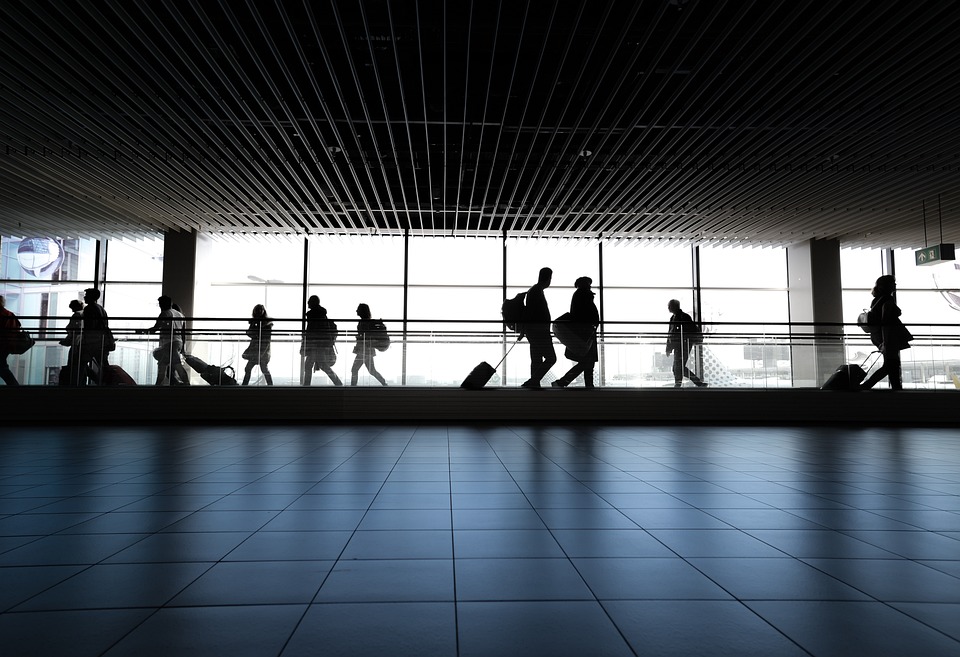Money-Saving Travel Tips: How to Explore on a Budget
Traveling can be an enriching and fulfilling experience, but it can also be expensive. However, with some careful planning and smart decision-making, you can enjoy a memorable trip without breaking the bank. Here are some money-saving travel tips to help you explore on a budget.
1. Set a budget and stick to it: Before you start planning your trip, determine how much you can afford to spend. This will help you make decisions on accommodations, transportation, activities, and dining options that are within your budget.
2. Be flexible with your travel dates: Traveling during off-peak times can save you a considerable amount of money on flights, accommodations, and activities. Consider traveling during weekdays instead of weekends, or during shoulder seasons when tourist destinations are less crowded.
3. Use budget airlines and compare prices: Look for budget airlines when booking your flights, as they often offer cheaper fares than traditional airlines. Be sure to compare prices on different travel websites to find the best deals.
4. Consider alternative accommodations: Instead of staying in expensive hotels, look for budget-friendly options such as hostels, guesthouses, or vacation rentals. Websites like Airbnb, Hostelworld, and Booking.com offer a wide range of affordable accommodation options.
5. Cook your own meals: Eating out can quickly add up, especially in tourist areas. Save money by cooking your own meals or packing a picnic for lunch. Visit local markets and grocery stores to purchase affordable and fresh ingredients.
6. Use public transportation: Instead of relying on taxis or rental cars, use public transportation to get around. Many cities offer affordable and efficient public transportation options, such as buses, trains, and trams.
7. Take advantage of free attractions and activities: Many cities offer free attractions, such as museums, parks, and walking tours. Do some research before your trip to find out about free or discounted activities in the area.
8. Avoid tourist traps: Tourist areas are often more expensive than local neighborhoods. Venture off the beaten path to discover hidden gems and save money on dining, shopping, and accommodations.
9. Travel with a group: Group travel can help you save money on accommodations, transportation, and activities. Consider traveling with family or friends to split costs and take advantage of group discounts.
10. Be mindful of your expenses: Keep track of your spending during your trip to avoid overspending. Set a daily budget for food, transportation, and activities, and stick to it as much as possible.
By following these money-saving travel tips, you can explore new destinations and create lasting memories without breaking the bank. Remember that the best experiences often come from immersing yourself in the local culture, so be open to trying new things and stepping outside of your comfort zone. Happy travels!


